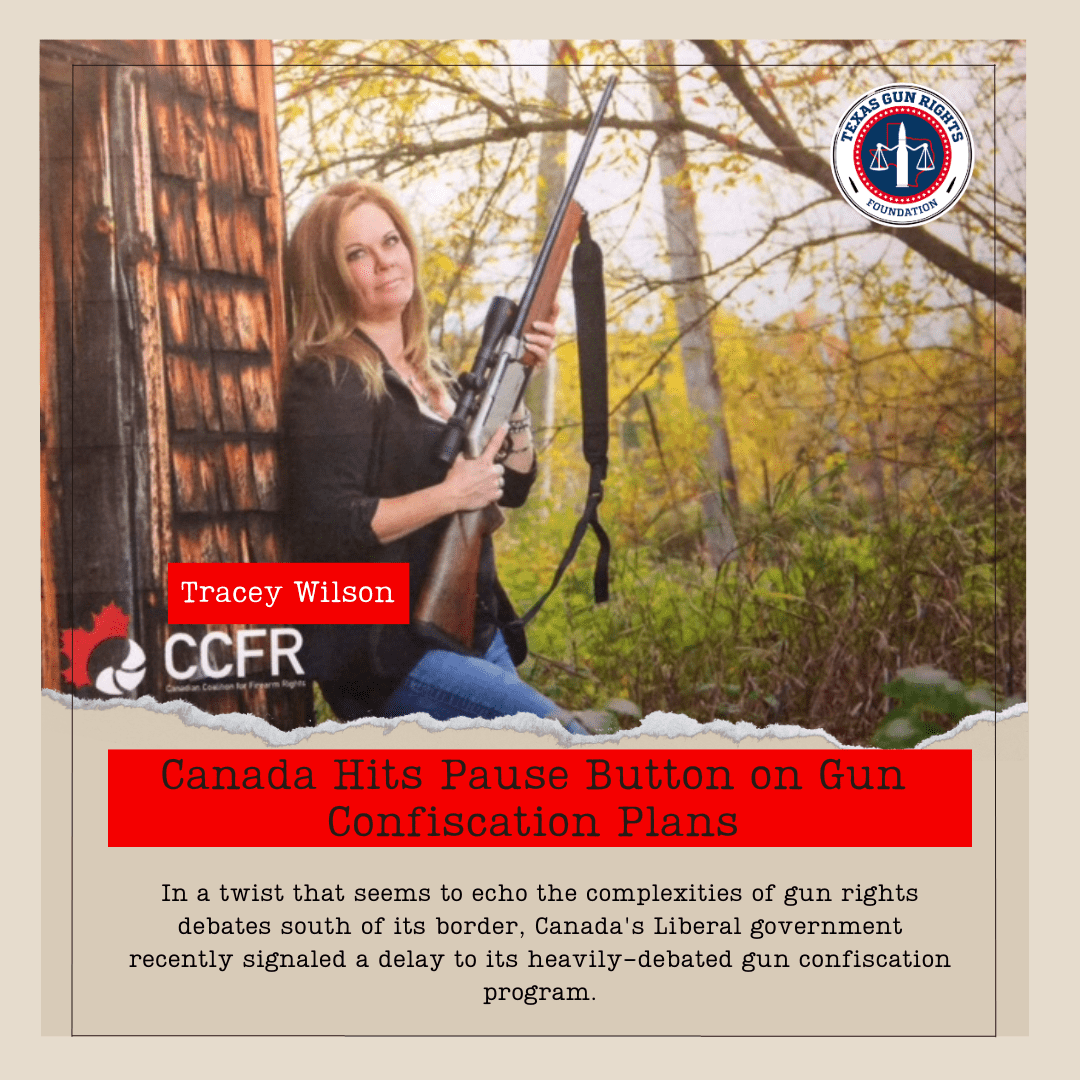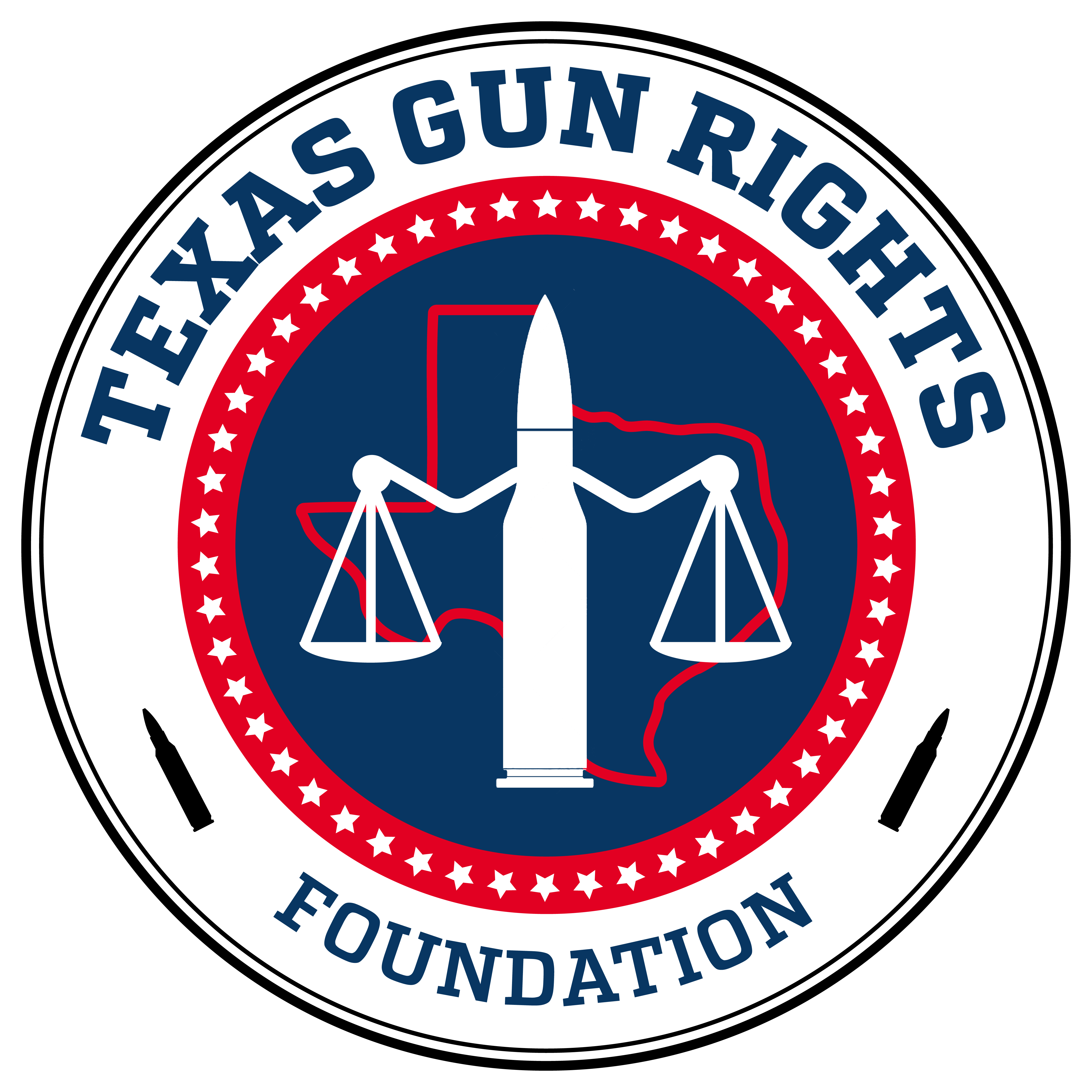October 19th, 2023

In a twist that seems to echo the complexities of gun rights debates south of its border, Canada’s Liberal government recently signaled a delay to its heavily-debated gun confiscation program. Initially slated as a response to the tragic 2020 Nova Scotia shooting, the federal “buyback” program, targeting “assault-style” firearms, is now on the back burner until after the next anticipated federal election.
When Prime Minister Justin Trudeau announced the ban, many Canadians heralded it as a progressive step forward for safety. However, there’s been an undercurrent of debate among firearms enthusiasts, legal scholars, and individual citizens who have questioned the efficacy, fairness, and logistics of the program.
It’s not just about the 1,500 models and variants of the so-called “assault-style” firearms that Ottawa has flagged. It’s about the broader conversation on rights, safety, and the role of a responsive government.
The decision to extend the amnesty period until October 30, 2025, seems to confirm the whispers that have been circulating since the program’s inception: the process is much more complex than initially anticipated. Some may argue it’s bureaucracy in action, but others, particularly those within the firearms community, see it as a possible acknowledgment of the intricacies and challenges involved in implementing such a large-scale program.
Interestingly, while the debate rages on, the public sees a pendulum swing in stances. Wes Winkel, the president of the Canadian Sporting Arms and Ammunition Association, made a poignant observation: if the urgency was there in 2020 for the ban, why does the urgency seem diminished now?
For many, this delay isn’t just a matter of policy or politics; it’s about principles. Tracey Wilson, a spokesperson for the Canadian Coalition for Firearm Rights, boldly remarked on the implications of the delay, emphasizing the disconnect between the purported risk of these firearms and the realities of lawful ownership.
Of course, such delays come with a fiscal price tag. The costs associated with the buyback are estimated to be upwards of $750 million, a point not lost on critics who argue these funds could be better used elsewhere, especially amidst global economic uncertainties.
The narrative seems clear: the gun confiscation program in Canada has opened Pandora’s box of discussions on rights, safety, and government responsibility. As the story unfolds, one can’t help but notice the intersections of policy and passion, rights and responsibilities, and the ever-present quest for a balance between individual freedom and collective safety.
Whether you’re a gun enthusiast, a safety advocate, or just an observer, Canada’s journey in this domain is shaping up to be a masterclass in the challenges and complexities of governance in the modern age.

Leave a Reply